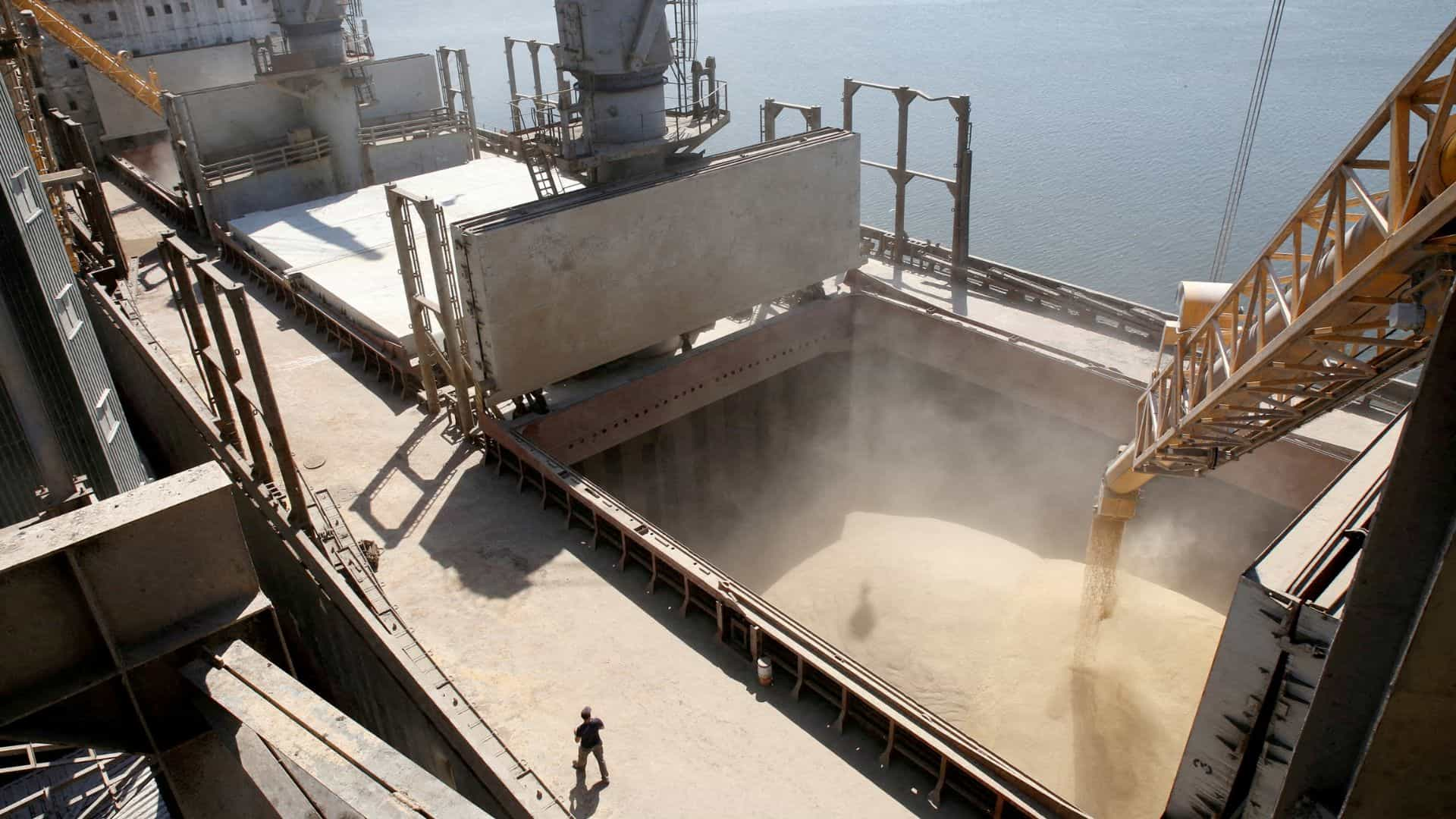European Union Plans Tariffs on Russian Grain Imports
The European Union (EU) is taking steps to address concerns over potential market destabilization caused by Russian grain imports. European Commission President Ursula von der Leyen has proposed imposing tariffs of up to 50 per cent on Russian grain to safeguard European markets.
Background
- Mounting concerns over the destabilization of the European market have prompted the EU to consider implementing tariffs on grain imports from Russia.
- The move aims to prevent the flooding of the market with cheap wheat from Russia, which could disrupt European grain prices.
Reasoning Behind Tariffs
Von der Leyen’s initiative is a response to fears that Russia may exploit the EU market for its war efforts by manipulating grain prices. The proposed tariffs are intended to mitigate these risks and protect European farmers.
Preventing Market Manipulation
The primary goal of the tariffs is to prevent illegal dumping of Russian grain, which could escalate tensions with Ukraine. Concerns have been raised about the potential redirection of Russian grain, possibly through Belarus, into the EU market.
Tariff Structure
Under the proposed measures, Russian grain would face a tariff of €95 ($102) per tonne upon entry into the EU. This structure aims to regulate the influx of Russian grain, ensuring fair competition for European farmers and safeguarding against market disruptions.
Challenges Faced by Ukraine
Ukrainian President Volodymyr Zelensky highlighted the theft of Ukrainian grain and obstacles faced by Ukrainian farmers in exporting their produce. He urged EU leaders to address these disparities and ensure fair treatment for Ukrainian agricultural products.
Increased Russian Grain Exports
EU officials noted a significant rise in Russian grain exports to the EU, accompanied by a surge in Russian grain production. From 2022 to 2023, exports increased from 960,000 tonnes to 1.5 million tonnes, while production rose from 35 million tonnes to 50 million tonnes.
Approval Process
The proposal by the European Commission is pending approval by the European Council, which may expedite the process through a qualified majority vote. Von der Leyen emphasized the importance of the tariffs in preventing market destabilization and curbing Russia’s exploitation of export revenues.
















































